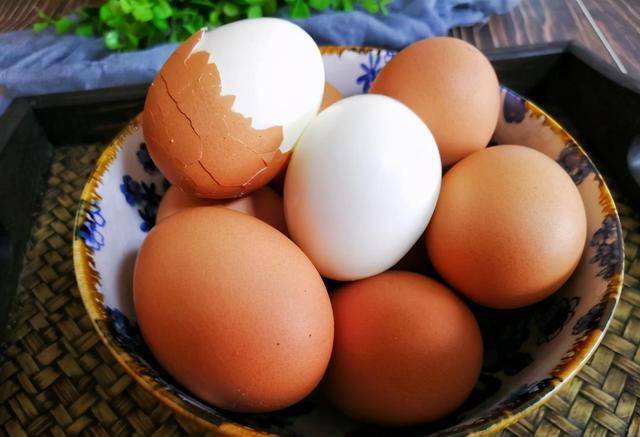With the change of modern lifestyle, high blood lipids have become a common health issue. High blood lipids not only increase the risk of cardiovascular and cerebrovascular diseases but also have adverse effects on other aspects of the body.
Therefore, for people with high blood lipids, dietary adjustments are a very important part. In addition to eggs, there are other foods that need to be consumed in moderation to maintain a healthy body.
First, let’s talk about eggs. Eggs are a nutrient-rich food, rich in high-quality protein, vitamins, and minerals. However, eggs contain relatively high cholesterol, which may be a concern for people with high blood lipids.
Although past studies suggested no direct relationship between egg consumption and increased blood lipids, the latest research indicates that a high cholesterol diet may have a certain impact on blood lipids. Therefore, it is advisable for people with high blood lipids to limit their daily egg intake to control cholesterol consumption.
In addition to eggs, there are some other foods that people with high blood lipids should consume in moderation. Firstly, high-fat foods such as fried foods, fatty meats, and cream.
These foods have high fat content, and excessive intake can lead to elevated blood lipids. Therefore, individuals with high blood lipids should try to reduce their intake of these foods and opt for low-fat alternatives.
Secondly, high-sugar foods. High-sugar foods include candies, desserts, beverages, etc., and the sugars in these foods can rapidly convert to glucose, leading to elevated blood sugar.
Long-term excessive consumption of high-sugar foods can result in insulin resistance, affecting fat metabolism, and increasing lipid synthesis. Therefore, individuals with high blood lipids should minimize the intake of high-sugar foods and choose low-sugar or sugar-free alternatives.
Lastly, high-salt foods. High-salt foods include pickles, processed foods, instant noodles, etc., and the salt in these foods can cause water retention in the body, increasing the risk of elevated blood pressure and blood lipids. Therefore, individuals with high blood lipids should reduce the intake of high-salt foods as much as possible and choose low-salt or salt-free foods as substitutes.


